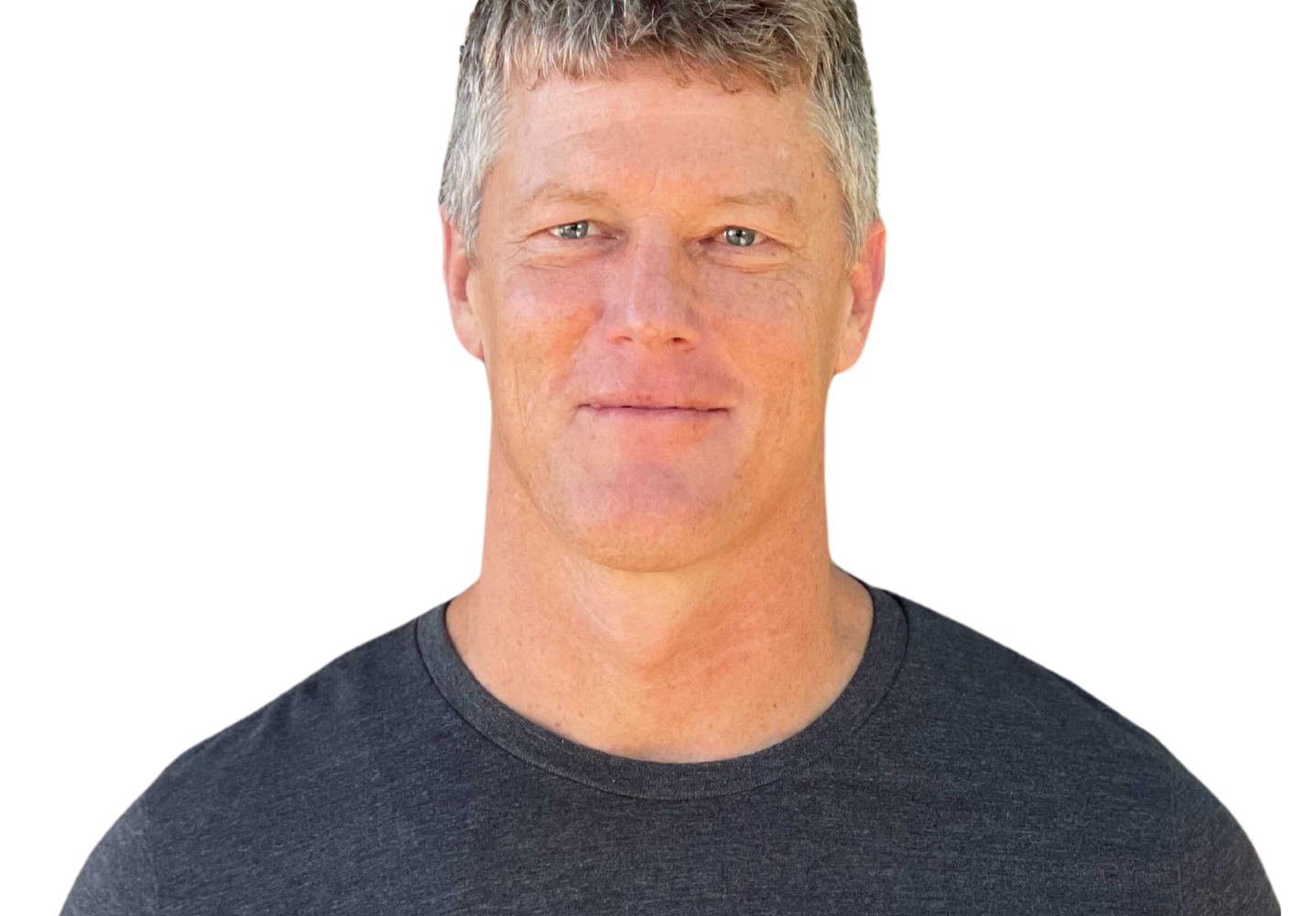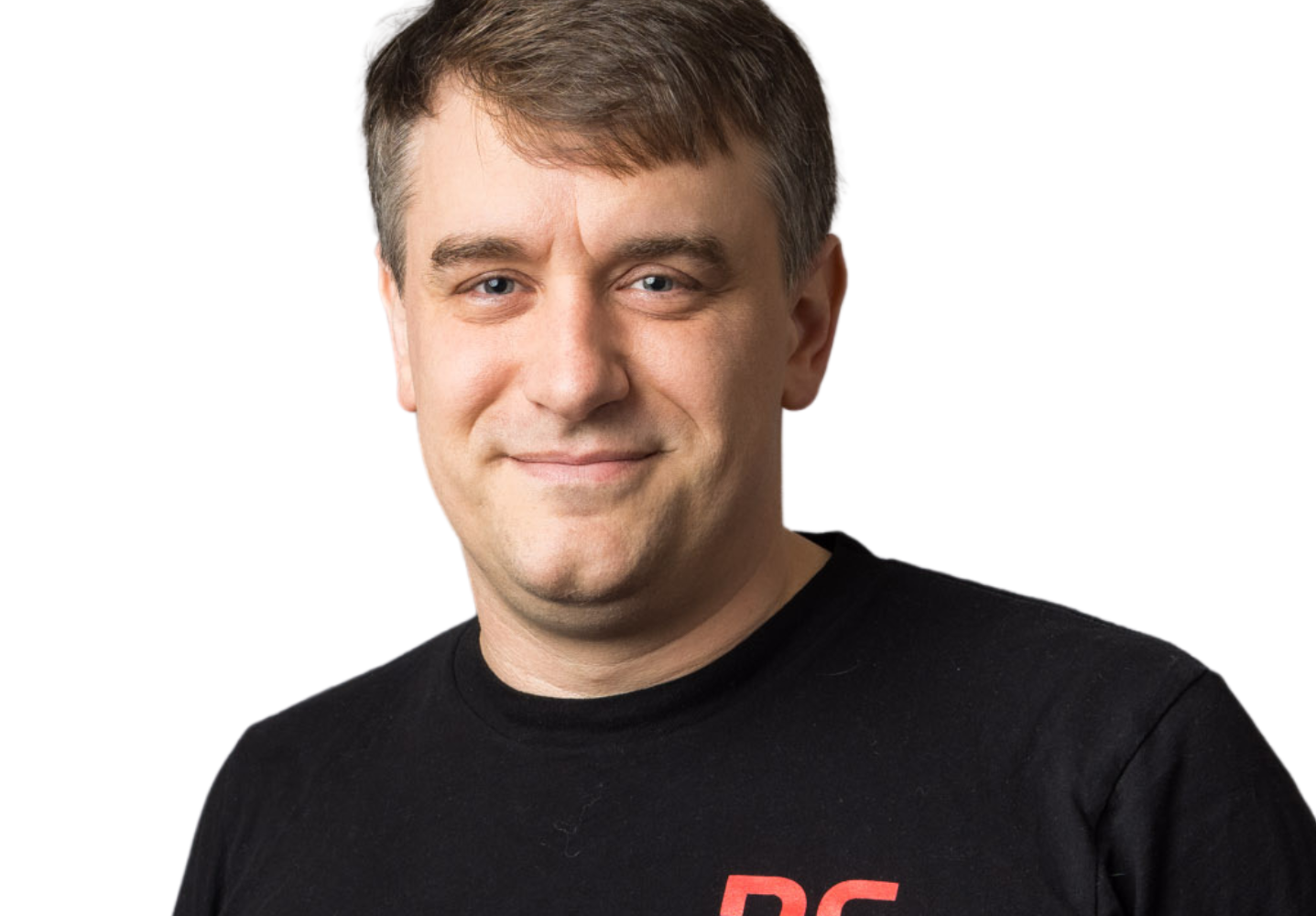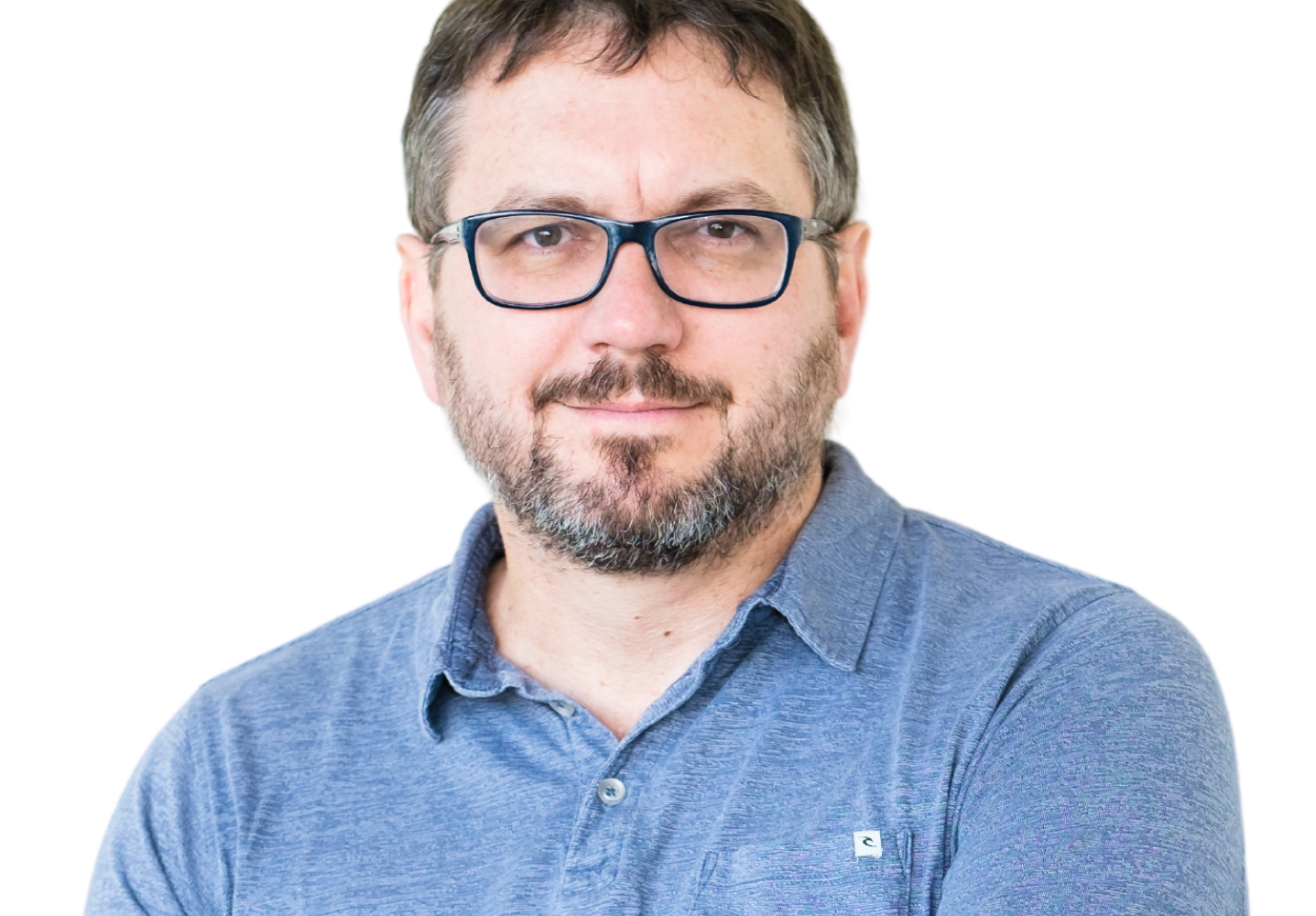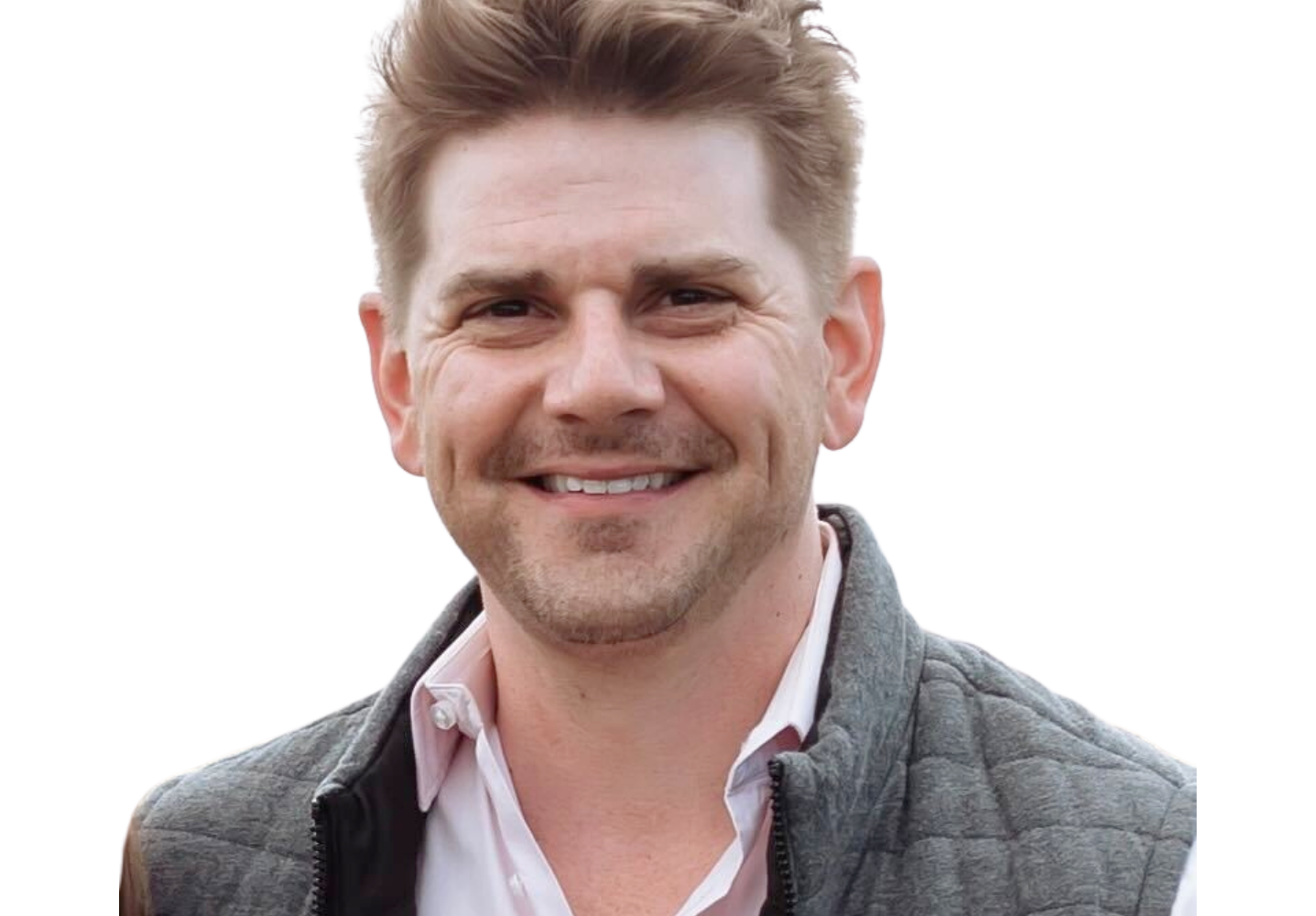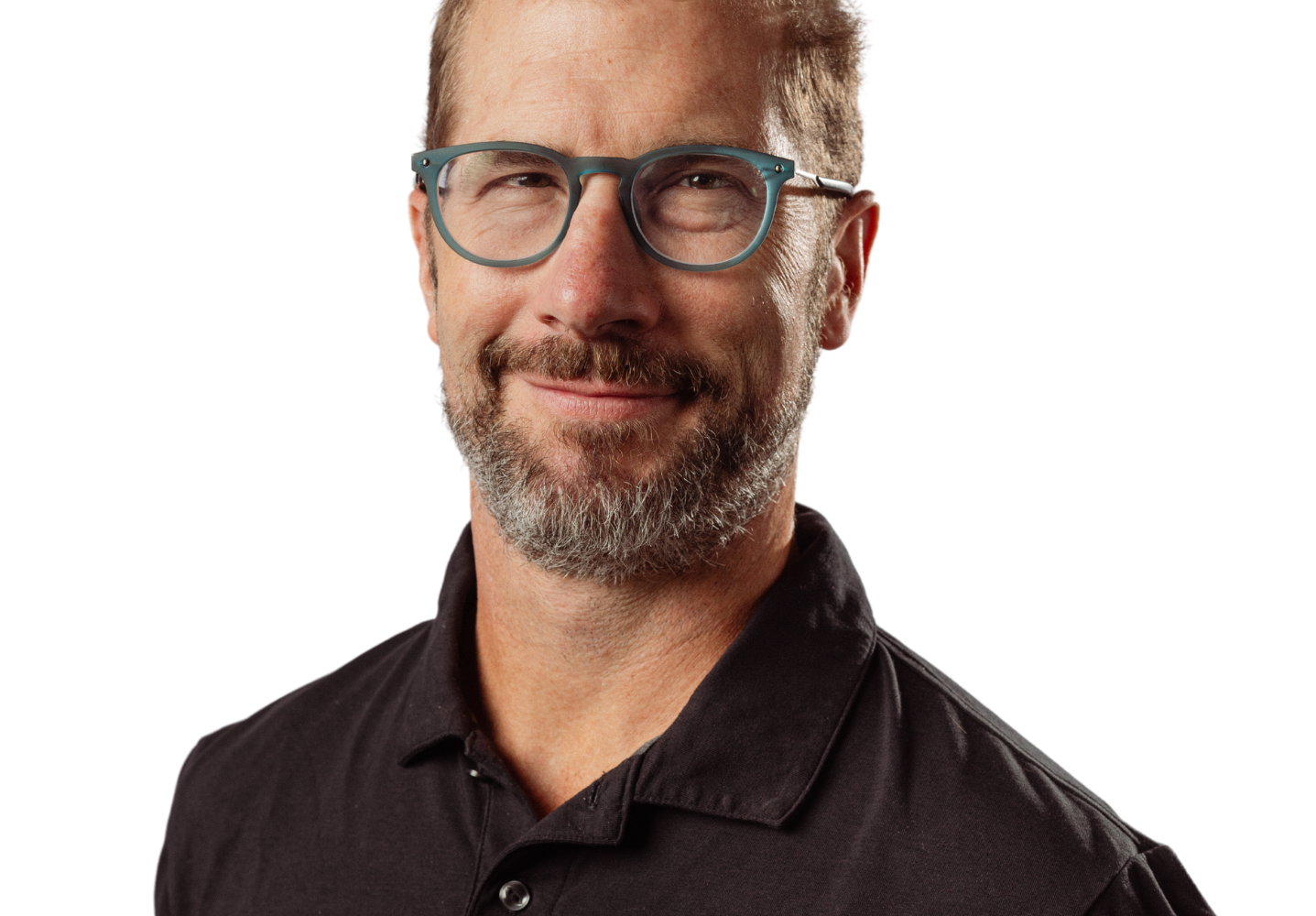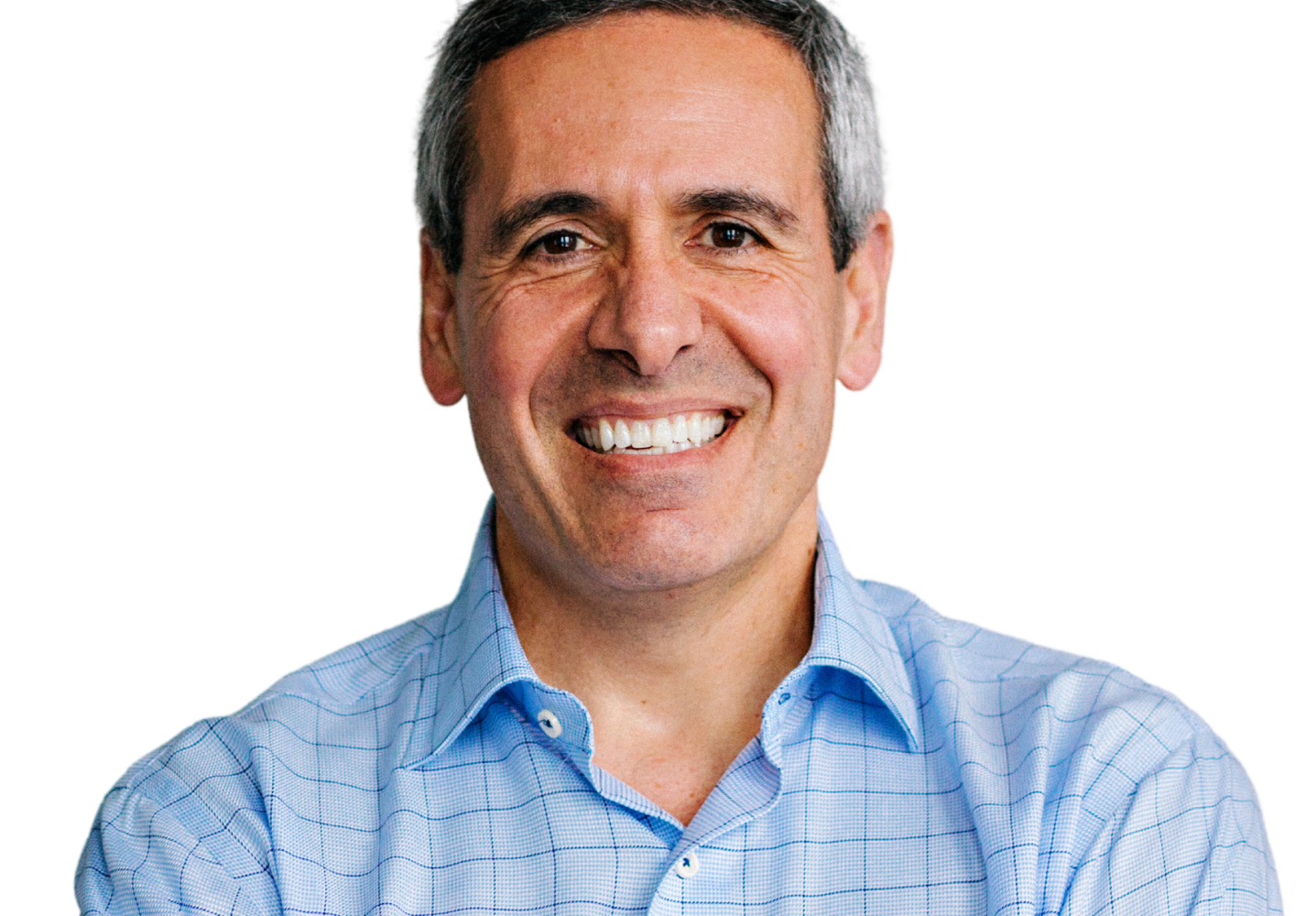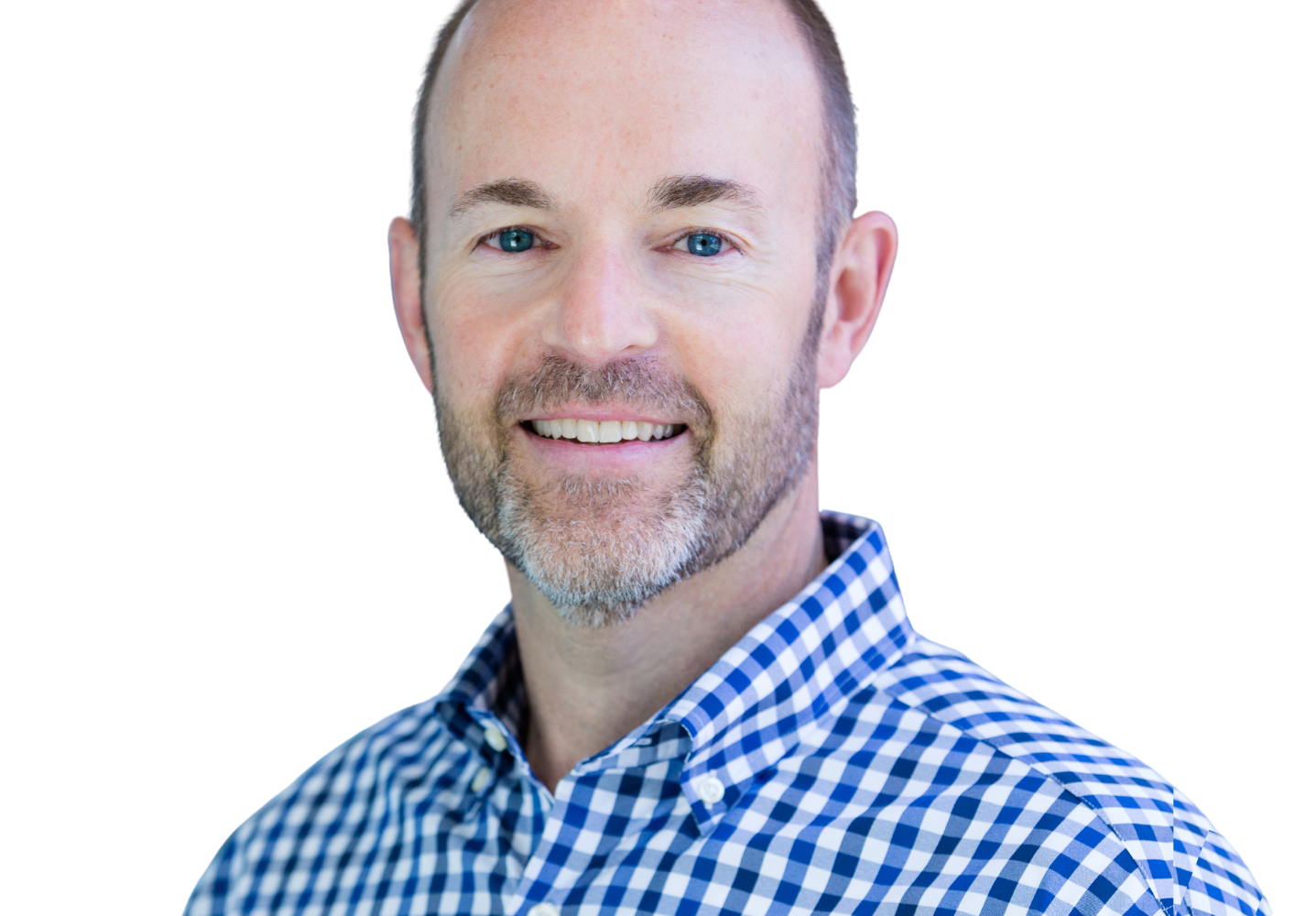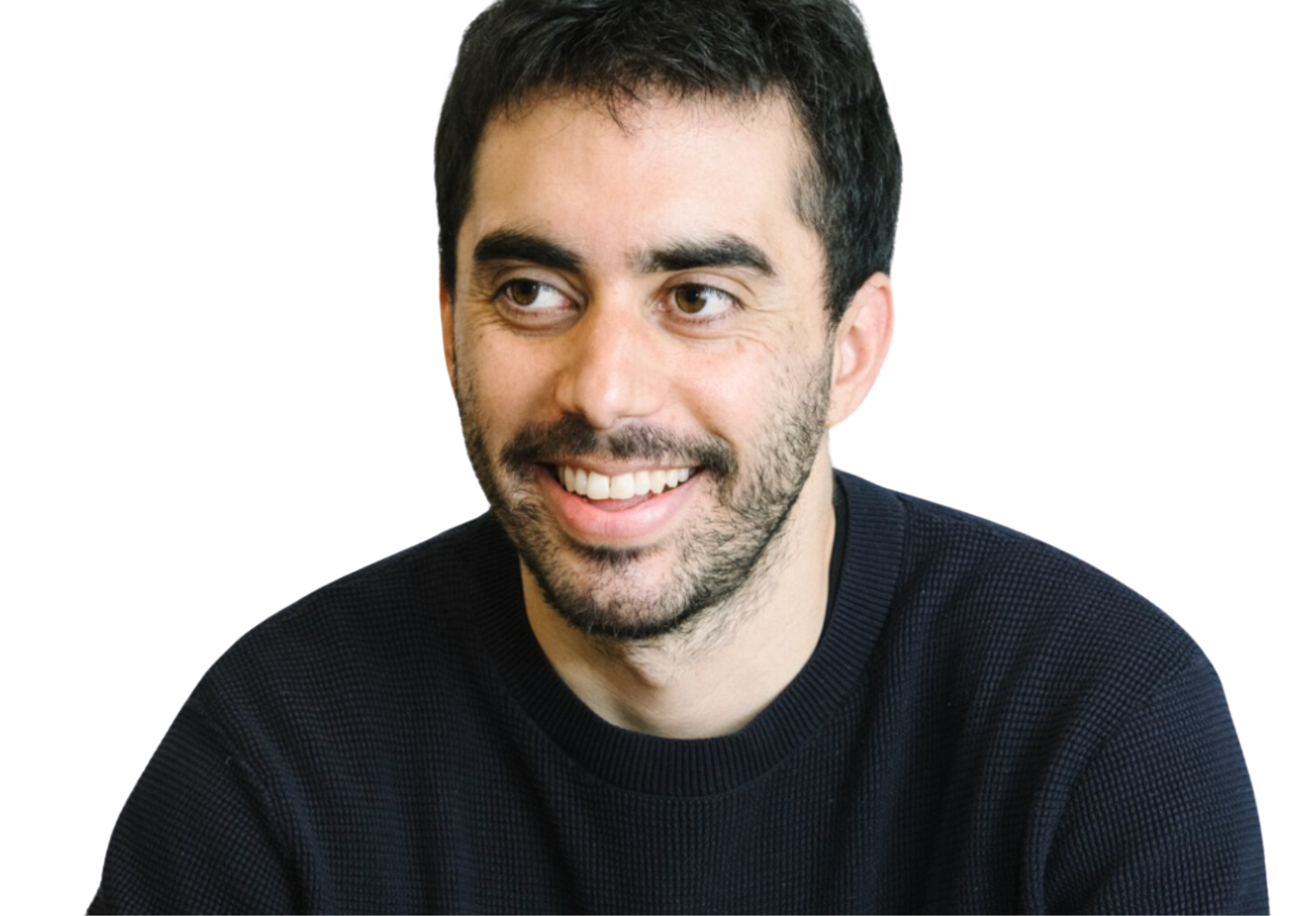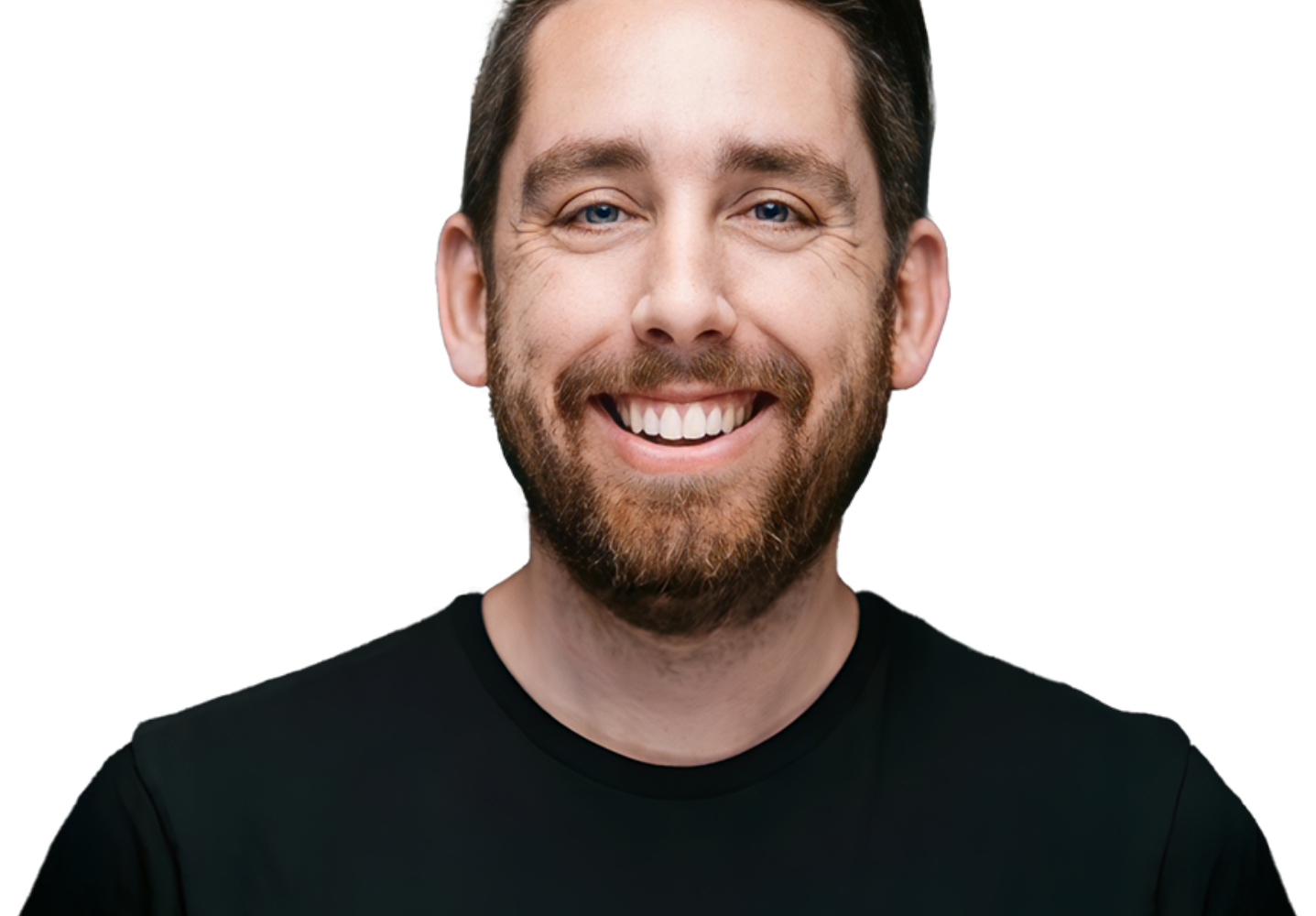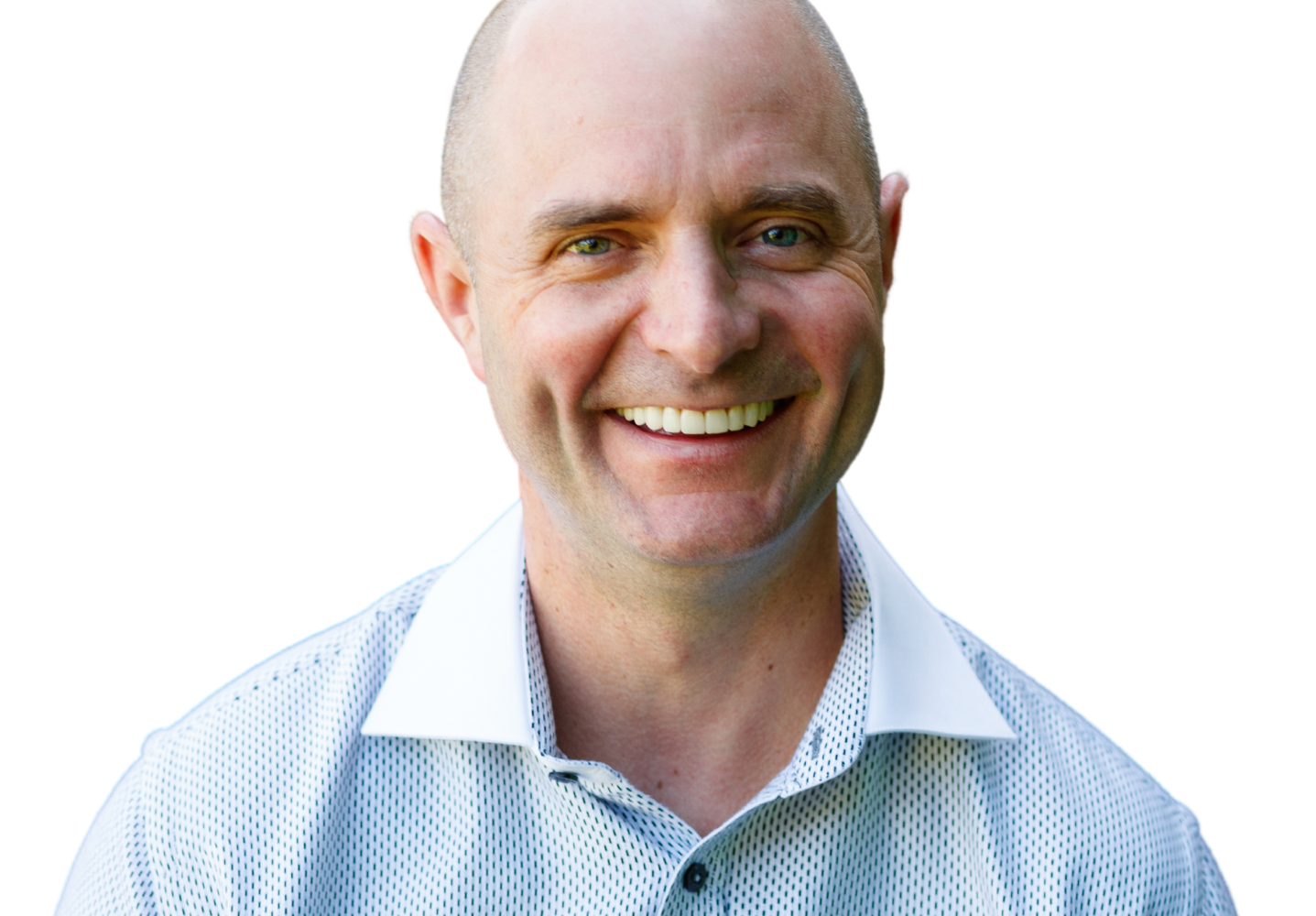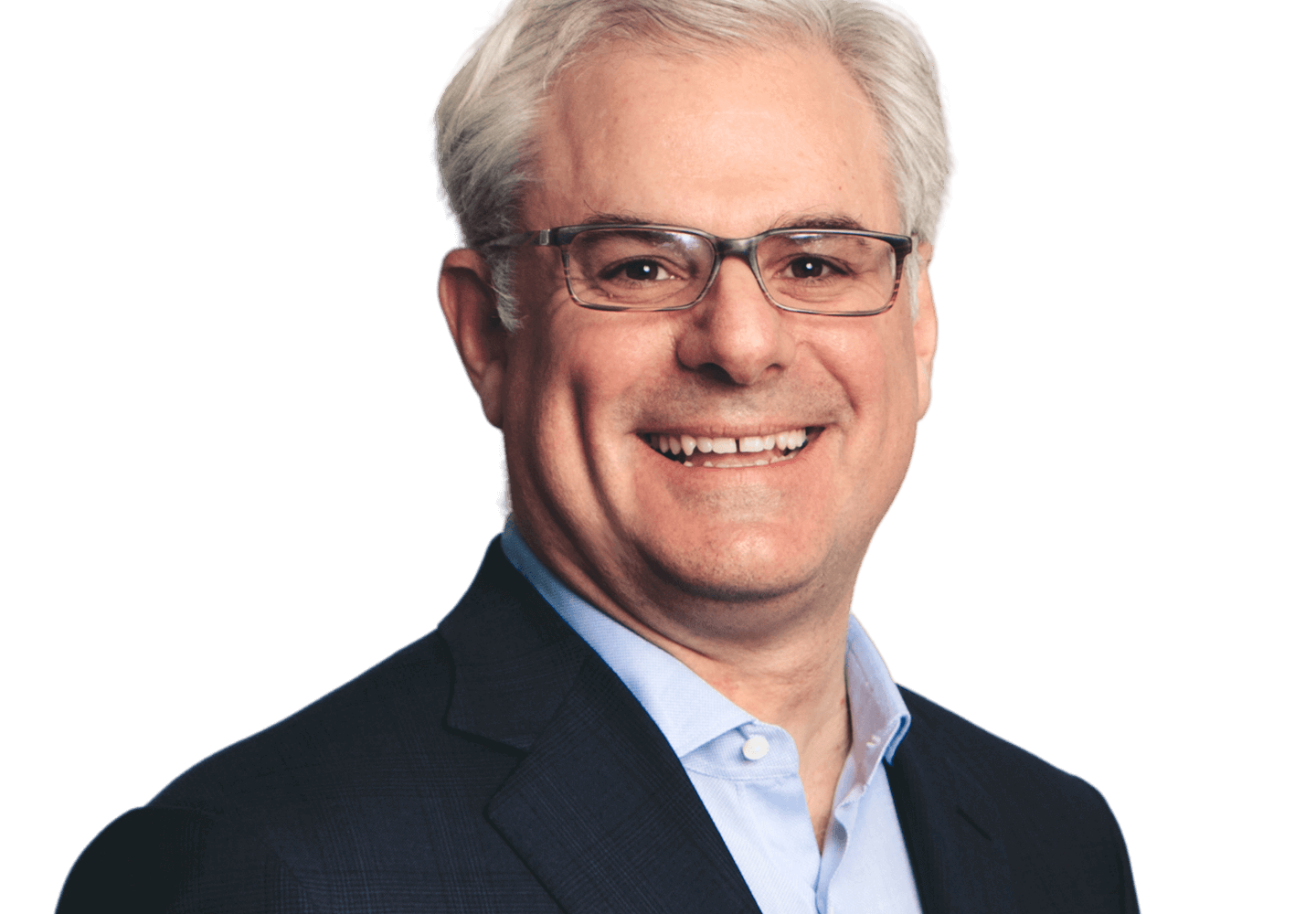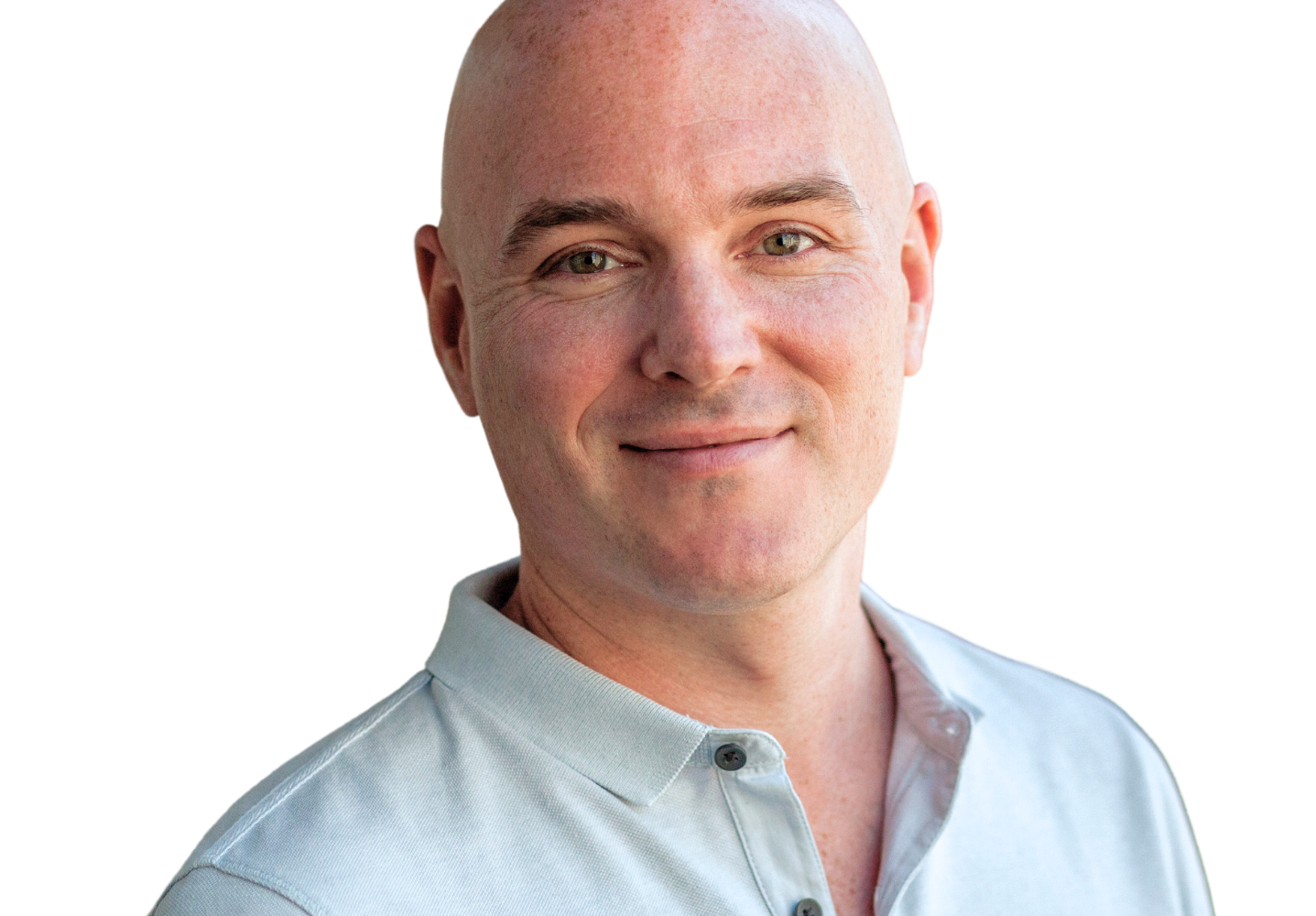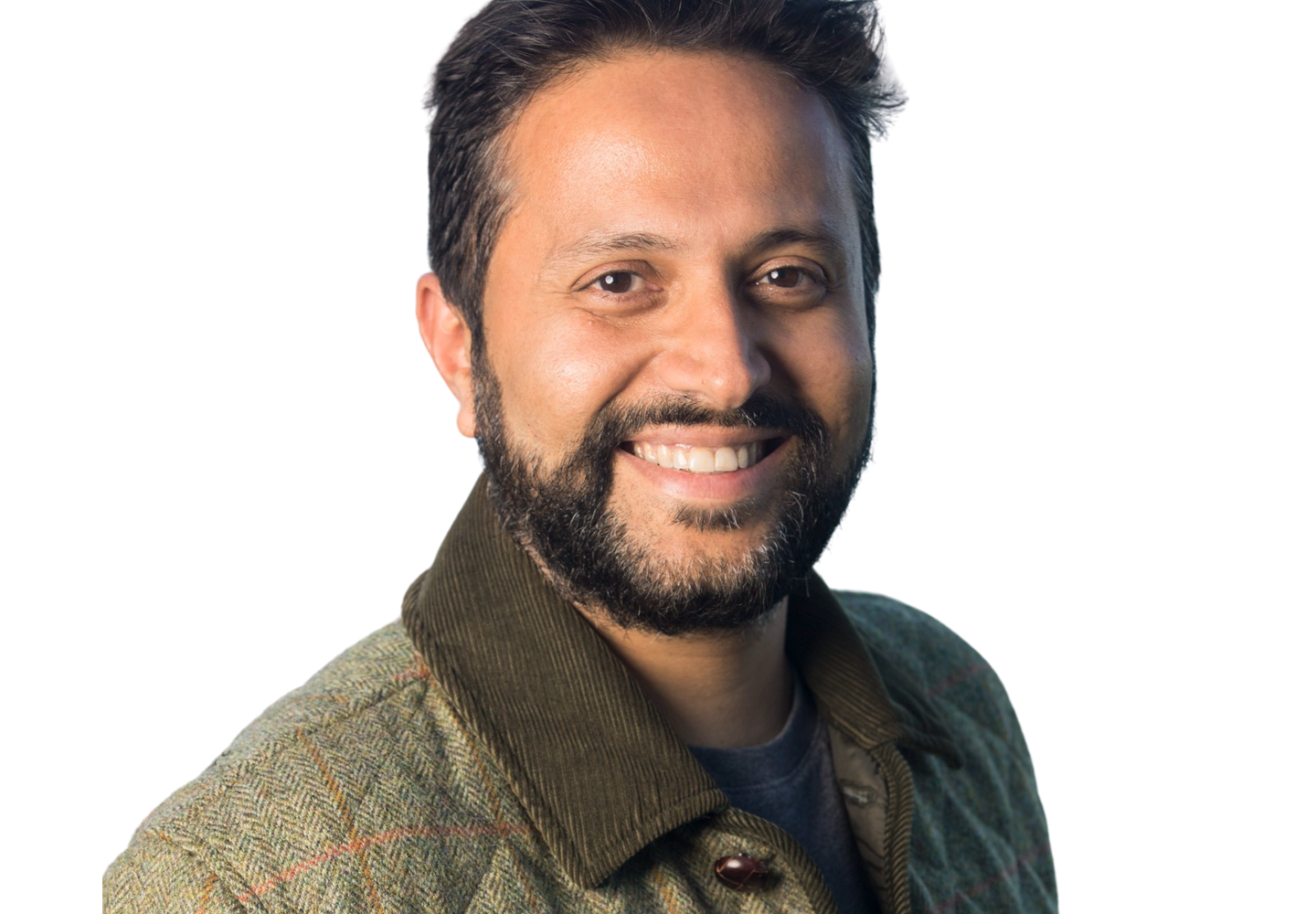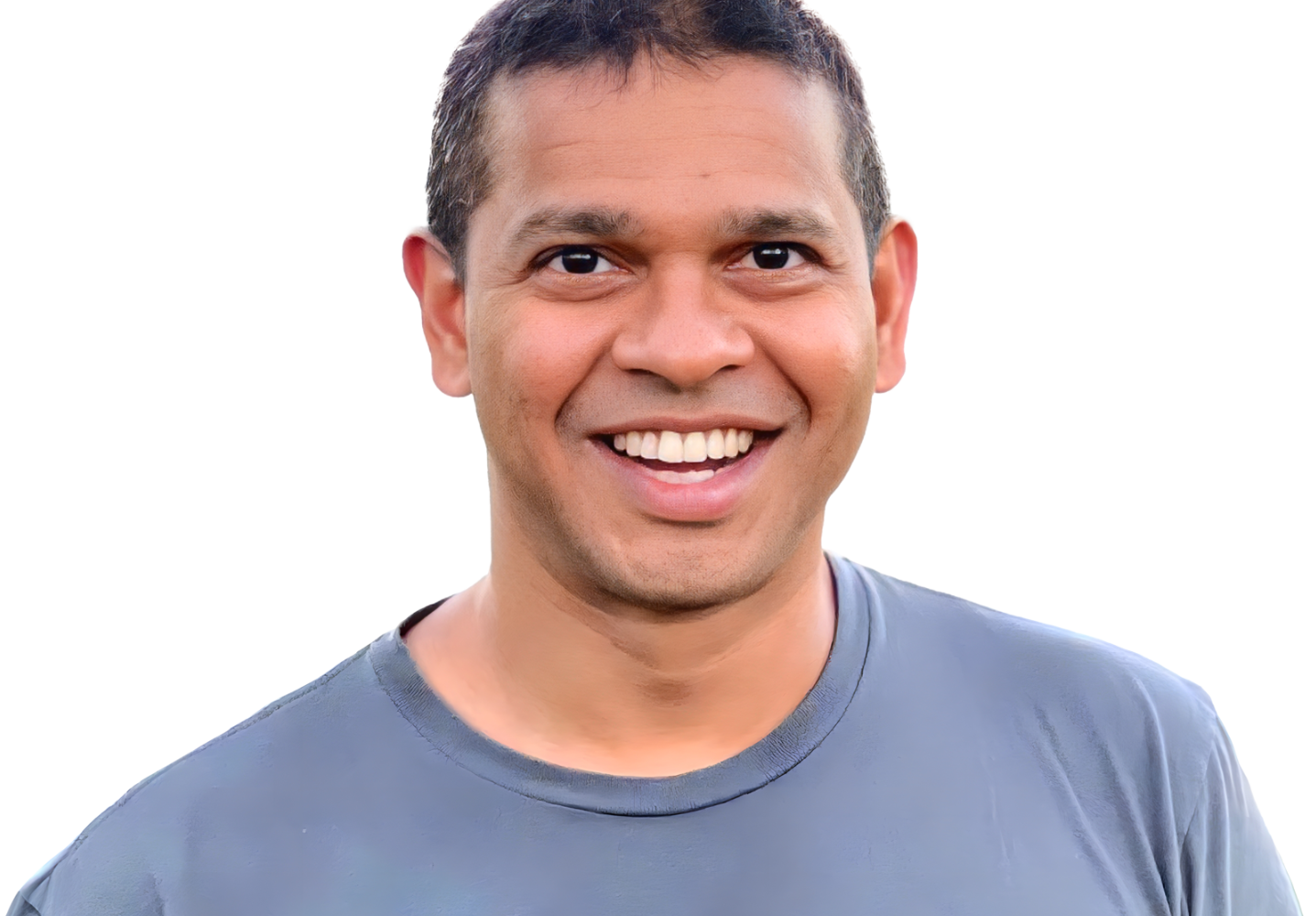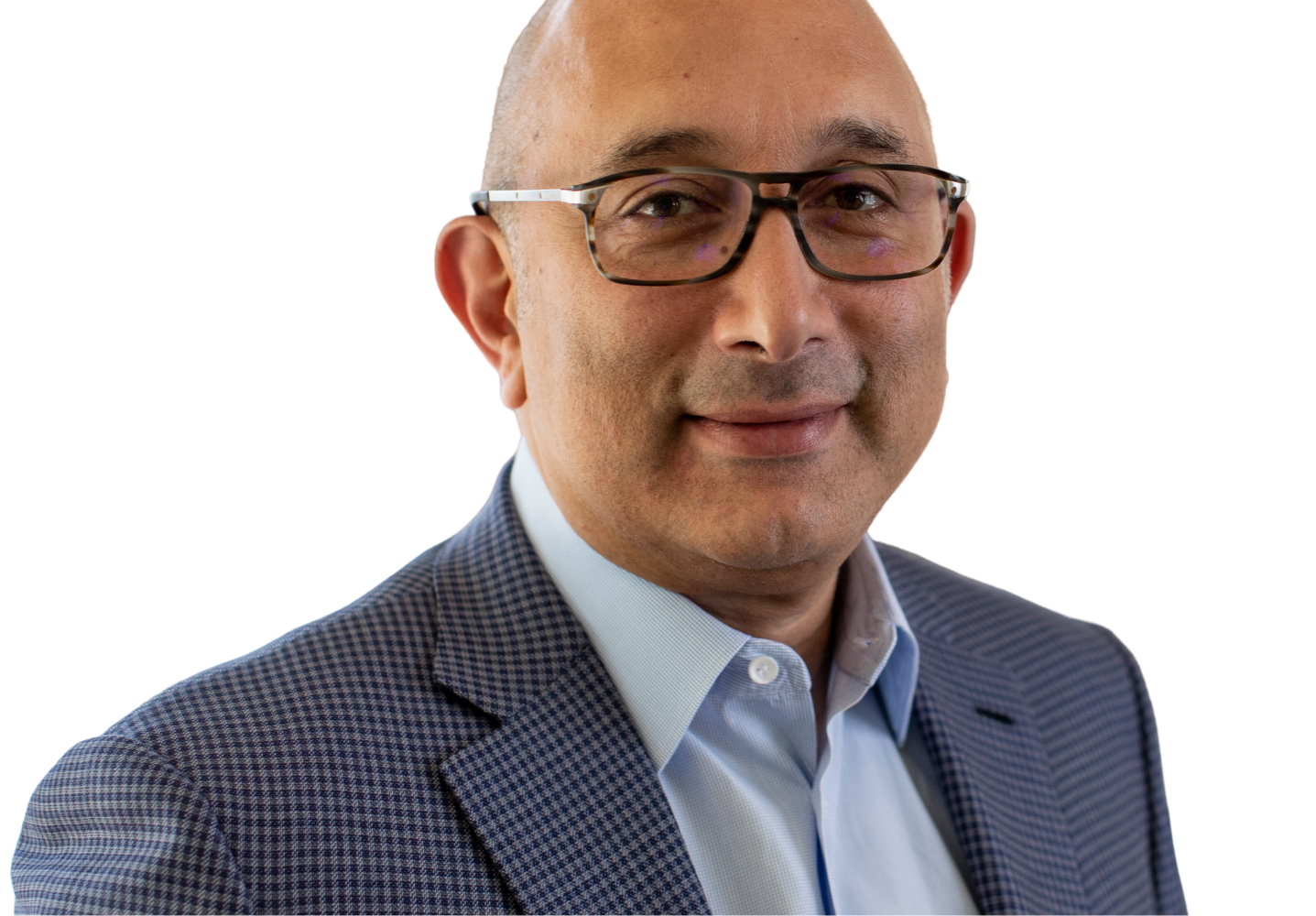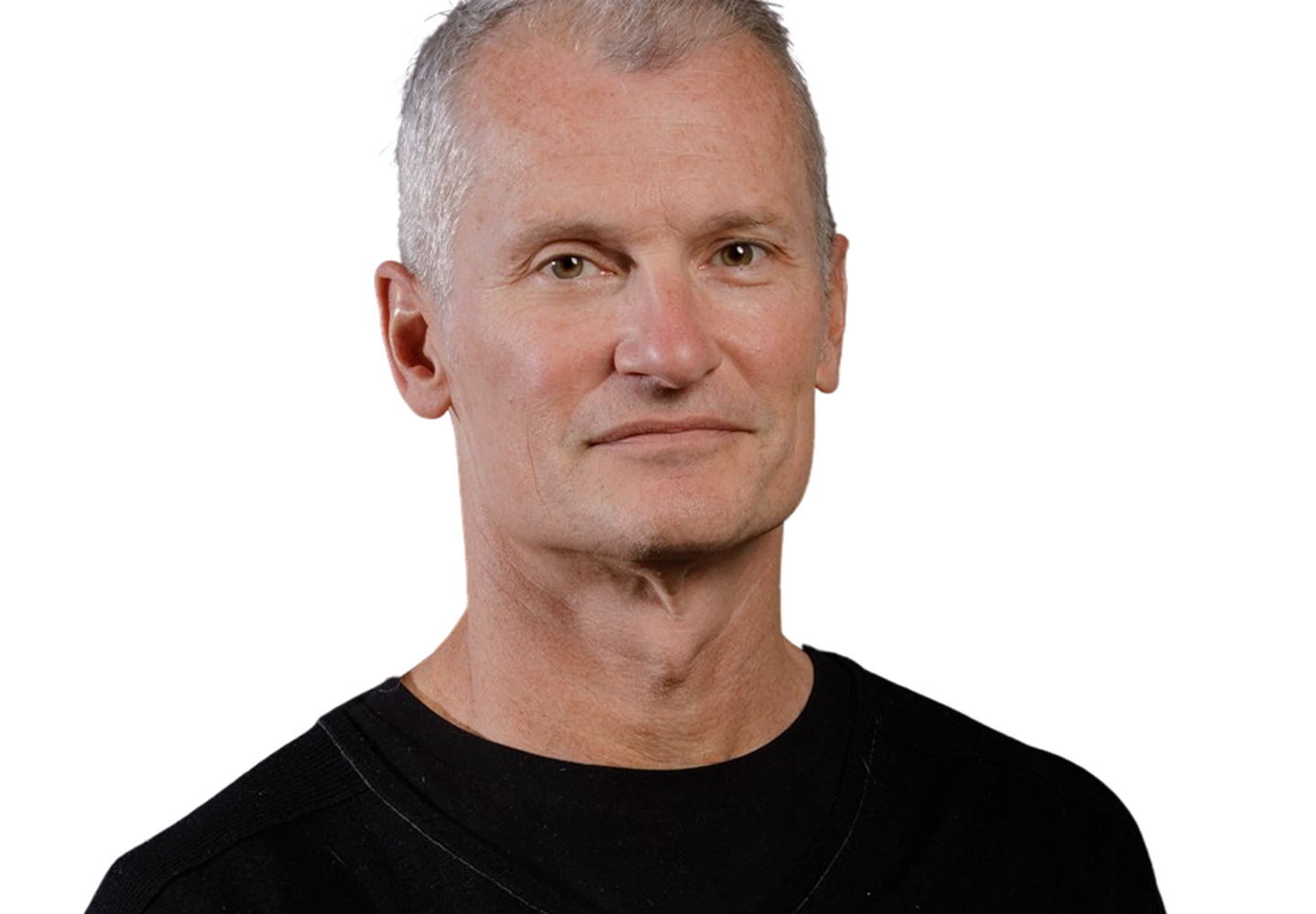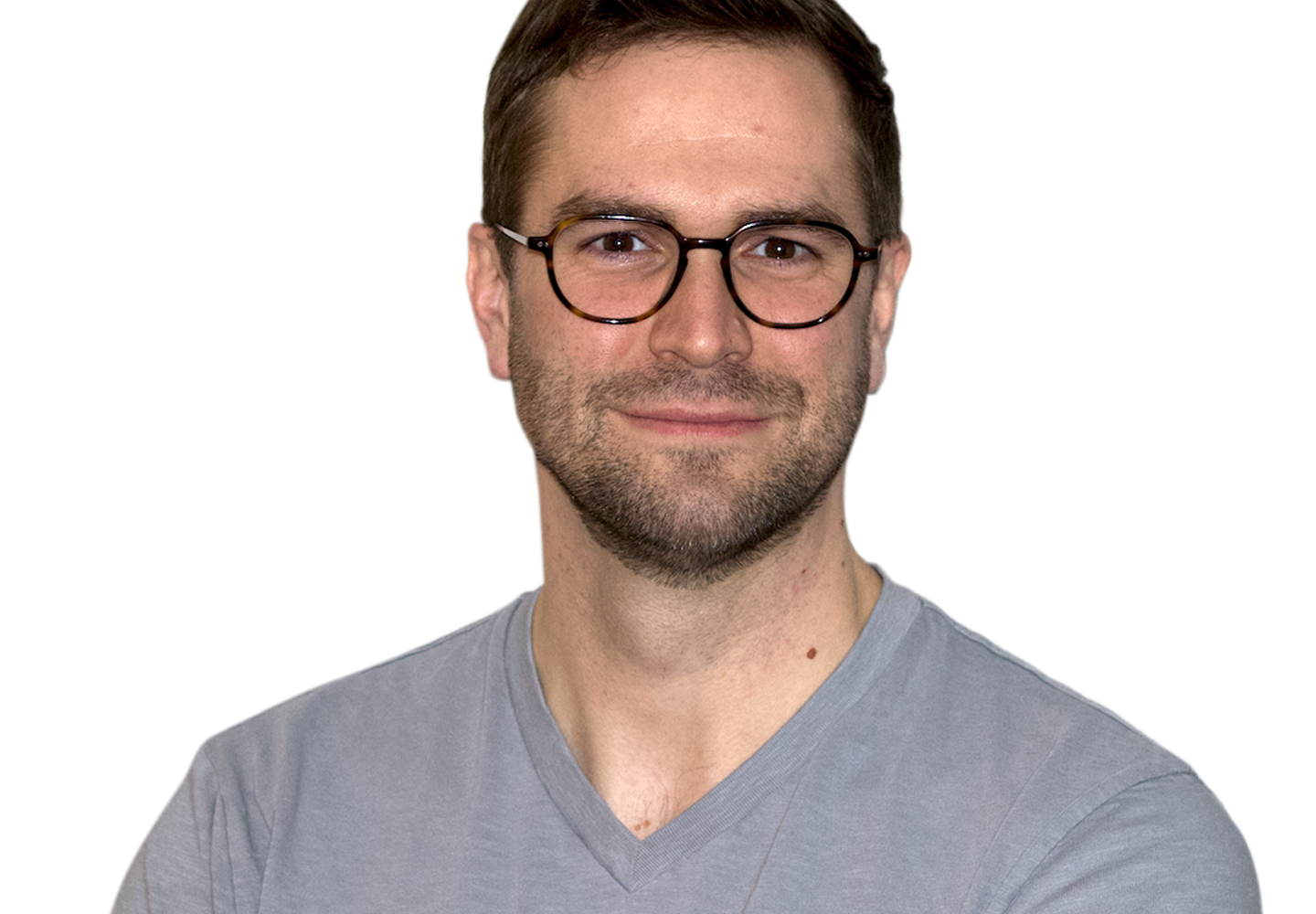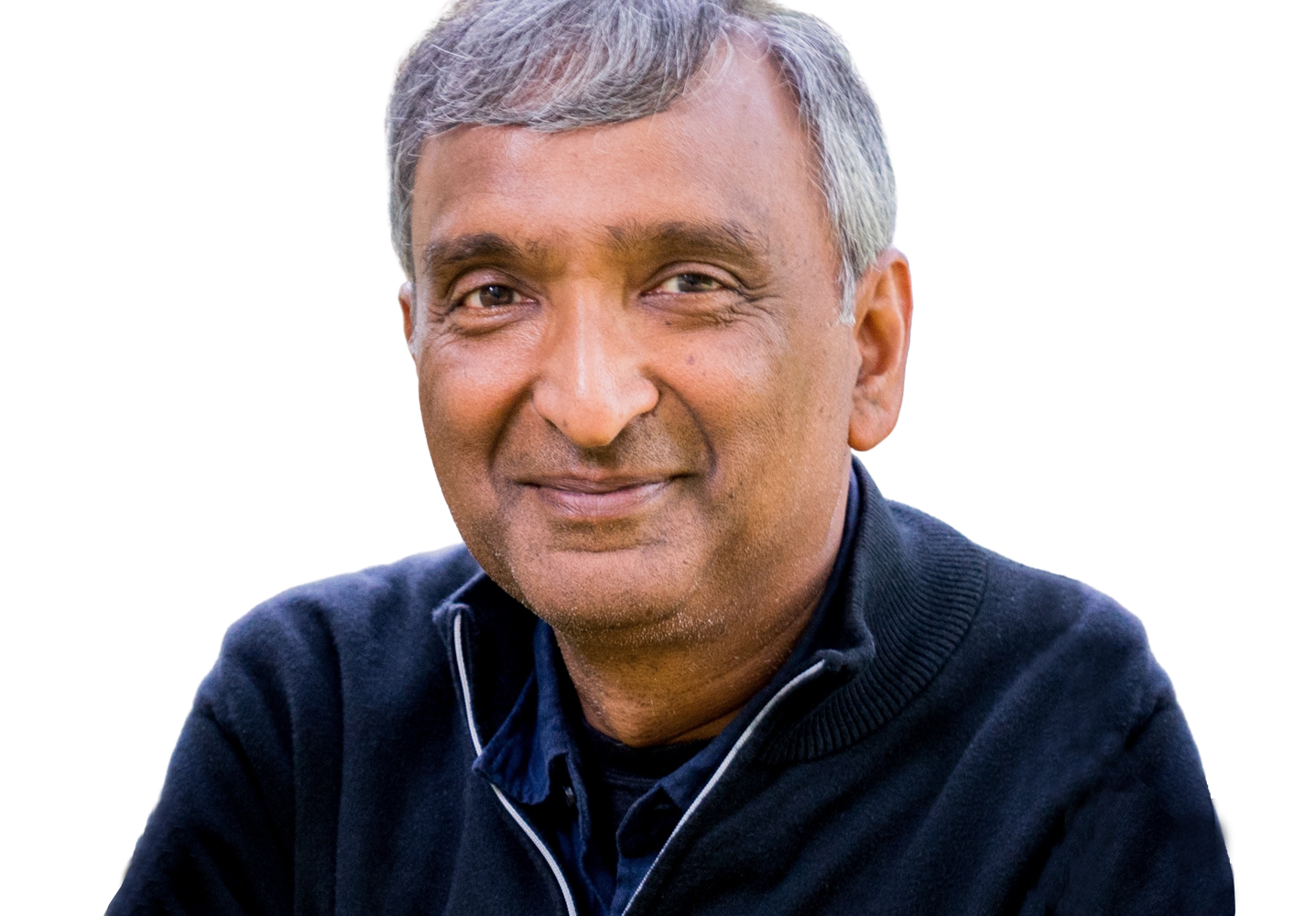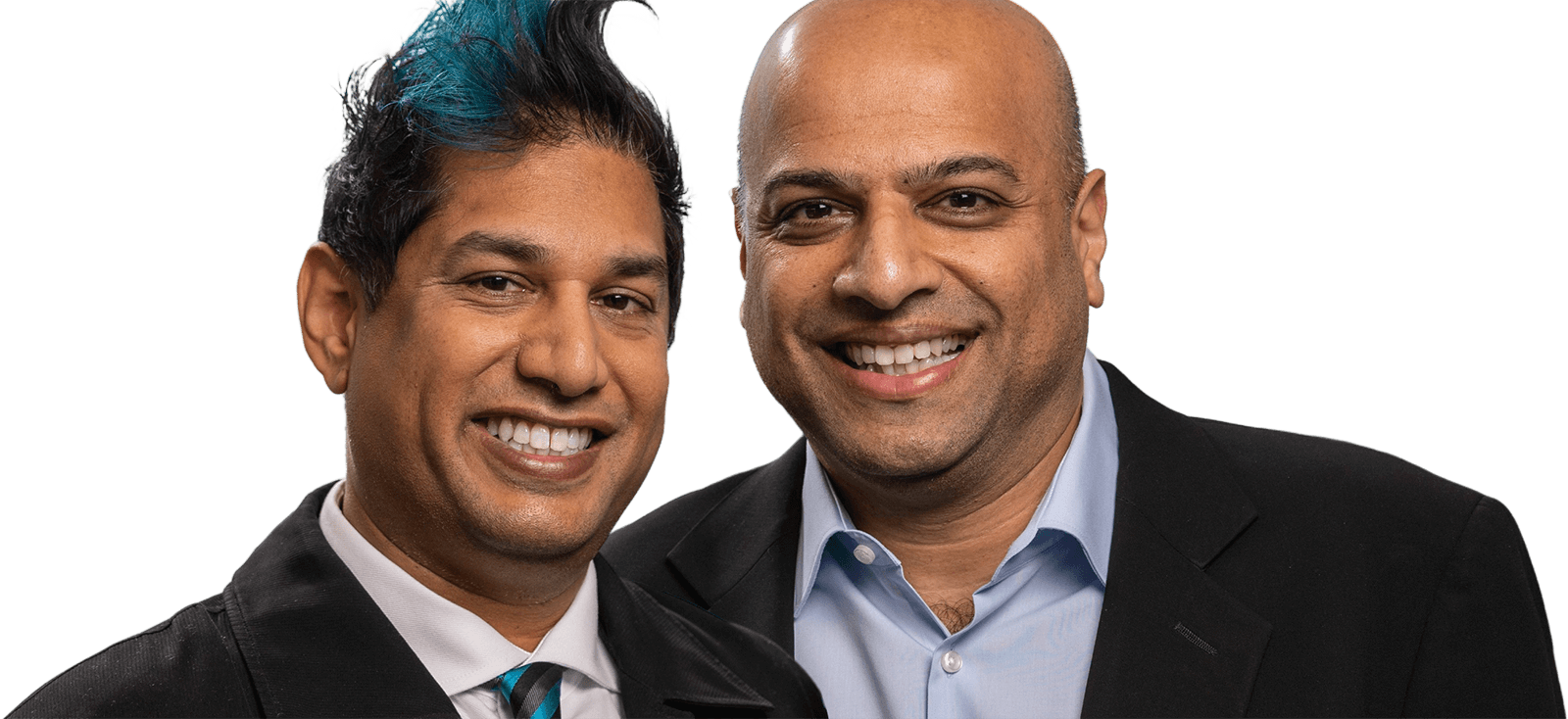What problem inspired the creation of TerraClear, and why were you the right person to tackle that?
TerraClear started as a passion project and spoke to my love of attacking a challenge. I grew up on a farm and continued to go back every year for my entire life. At the same time, I got to experience the thrill of building several very successful technology companies in the software space. There I was in 2014 on the farm picking rocks in a field with my dad, who was 81 at the time, and I was 50. As we were doing this, I realized the incongruity right in front of me. The tractor we were using to cart the rocks off the field was driving itself. So why were we still doing this manually? Why are we reaching down, bending over, picking up these heavy rocks, and throwing them into a tractor bucket?
After I thought about it more, I realized I knew enough about all the technologies necessary to roboticize or automate the task and that it was definitely a problem worth solving. Like all the other businesses I’ve been in, this was a giant market that had never had a good product. So, if you’re brave enough to believe you can solve the problem and actually build the product, then there is a ready-made market that will just explode. That certainly worked with Onyx. It certainly worked with Smartsheet. And that’s what’s going on right now with TerraClear. We’ve got a bunch of folks who know a ton about software and high-tech. We’ve got a bunch of folks who know a ton about farming, and we put them all together and are having fun building a product that will help farmers around the world.
Everybody at Modrona had something to contribute to what we were doing. It felt like they were a piece of the company, not an investor in the company.
What is it like to work with Madrona?
I have worked with some amazing VCs and had a good experience with almost all of them, including Madrona. When we worked together on Smartsheet, there was a lot of broad experiences at the firm — and regardless of who was sitting on our board or who our primary relationship was, everybody knew quite a bit about us. Everybody at Modrona had something to contribute to what we were doing. It felt like they were a piece of the company, not an investor in the company. Certainly, working with Matt, as our primary investor, Tim, and many other folks at Madrona, I felt the value they brought and their passion. I really felt like they were part of the company. They cared as much as we did and added value anywhere they could.
It was pretty easy to want to be involved with Madrona again when we started TerraClear. Madrona was the first place we went.
Tell us about a Madrona Moment.
At Smartsheet, we had the concept of the product right, but the specifics to make it work for the customer were not quite right. That was a seminal moment. We had to take 18 months to rebuild and relaunch the product. And boy was that scary because we were going to run out of money at that point. We had to tell Madrona, who had just put money into us prior to this discovery, that we weren’t quite right. All the experienced people at Madrona have seen this story before. Because Matt and Tim had been so involved in what we were doing and were so intricately involved in understanding how the business was working, they were willing to take a risk. They bet on us. They bet on the people. And, boy, that’s a motivating thing when they bet on you. I think the broader partnership maybe didn’t necessarily all believe, but they believed in their partners who believed in us. And that was great. That built a lot of trust between all of us.
What have you learned about yourself during this process?
I would say it is something I have always known and have always done, but now I do it to a T, which is brutal honesty. It’s a huge benefit that the Madrona folks feel like part of the family because then it’s so much easier to be brutally honest about what’s going well, what’s going poorly, and where we’re struggling. You don’t feel like you need to sugarcoat anything. Because brutal honesty is front and center in our relationship, the help and advice we receive are of high quality and improve the likelihood of success, like in the above example. It can be scary to say, “Hey, things aren’t going as well as they should — we’re not performing to plan.” But we did have to tell Madrona that. But because of our brutal honesty and the belief that Madrona had in us and our belief in ourselves, they rolled the dice and continued to support us, and, of course, that turned out extremely well.
What is the most important lesson you have learned during your startup journey?
The thing that’s been the most fun and that I’ve learned over and over and over again is that super smart and super team-oriented people are what make things win and work. Everybody I’ve worked with is smarter than me, and it’s so motivating to be in environments where the sum of the parts is so much more than the whole. And we did that well at Smartsheet. We are doing that well at TerraClear. It’s a fantastic team. Success is its own reward, but having success with people you care about and respect doubles that.

